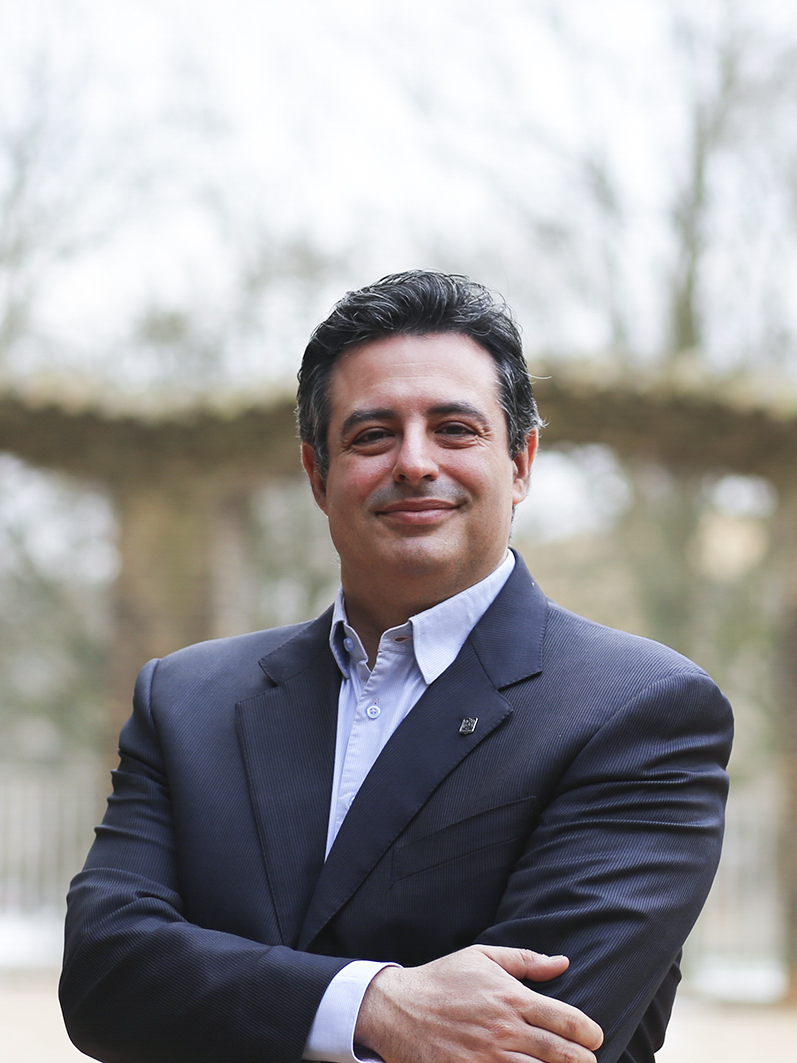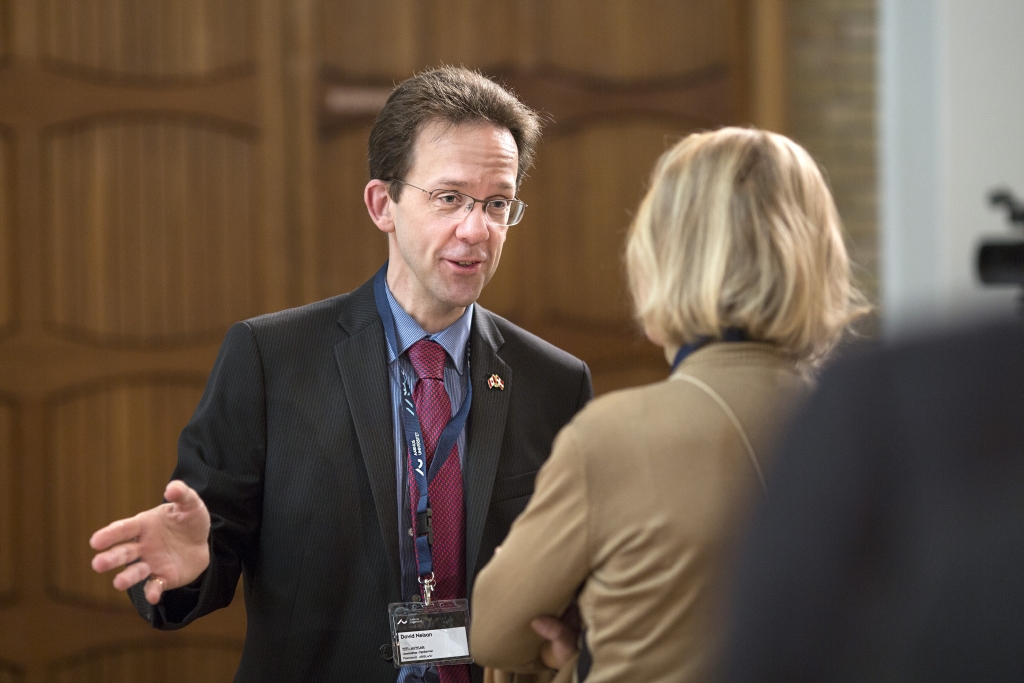An international team player
Andrea Carugati has just been appointed Professor at MGMT. On 6 April, he will hold his inaugural lecture at the department entitled: A systemic view of IT and organisations: From individual activities to sector wide modernisations.

When Andrea Carugati holds his inaugural lecture at the Department of Management on Thursday 6 April, he and his research will of course take centre stage. And Andrea is quite rightly pleased with his many years of research and interesting results within the use of IT in organisations. Still, it is important for him to stress that his research is often the result of a joint effort and close collaboration with both companies and colleagues in Denmark and abroad.
“Much of my research is the result of a team effort,” he says. “Of course research also demands that you’re an individualist and that you hone your skills within your field, but you can’t do it all by yourself. I’ve been involved in a host of good collaborations - also with researchers abroad - and you can learn a lot from one another and achieve impressive results by using each other’s strengths.”
By virtue of Andrea’s large international network, many prominent guests have visited the Department of Management. For example Paula Jarzabkowski, Wanda Orlikowski, Samer Faraj, Robert Austin and Walter Fernandez. In that way, Andrea wants to give his younger colleagues at the department an opportunity to get to know internationally recognised researchers.
From one company to an entire industry
Andrea Carugati is originally from Italy, but completed his PhD in engineering at the Technical University of Denmark. He then worked at Université Catholique de Lille in France until 2007, when he was hired by the Department of Management. Here he primarily conducts research into how IT affects a company’s development and how IT systems can spread to entire industries. For Andrea, it is very important to understand this from a systematic perspective. That is, how a technology, an organisation and an industry develop over time. During his career, he has been involved in many interesting projects, but in the lecture he will present specific examples which have been particularly important for his research.
“For several years, my colleagues and I followed a company which was in the process of developing its own IT system,” Andrea explains. “And what started as an individual project for one company turned out to reveal a need in many companies. As such, the system ended up being a success on the market, and the company ended up selling software although it wasn’t even part of the IT industry.”
This example is from a nursing home, where Andrea saw how a technology developed for one nursing home ended up being used in 110 nursing homes. This particular type of organisation rarely helps identify a need for IT, and as such it is a very interesting case, he says. Another case saw Andrea follow the development of a very simple IT system developed to help purchase cattle feed. Later on, the system became much more complex, and today it controls an online supply chain with thousands of milk producers.
The many cases that Andrea has been involved in have contributed to identifying a field of research which is still being established, and one which Andrea calls IT Modernisation: The phenomenon and the process by which one company dictates an IT application to many other companies. IT Modernisation will be Andrea’s research area in the future.
Crucial to connect with companies
Andrea’s research is highly case-based, and he is both pleased and grateful that so many companies open their doors to him.
“We wouldn’t be able to conduct research if we couldn’t get access to the companies,” says Andrea. “And we’ve always received positive feedback from our various partners. They get value from us when they take the time to collaborate with us, and we get data for our research. It’s a win-win collaboration.”
Andrea is the director of studies for the continuing education programme Master in IT. Through this, he has access to a large number of organisations. His close contact with companies gives him a good insight into what is actually happening in the organisations, which in turn provides him with inspiration for new research topics. For him, a good collaboration between academia and the business community is crucial:
“I’m really pleased when I see ideas from my teaching carried out in projects in the companies that participate in the Master in IT programme. I also emphasise listening to the needs of the companies when I teach, and I adapt my teaching to include issues that are relevant to them.”
Andrea is married to Pernille Smith, who is also a researcher at the Department of Management. Together they have two children.
Read about time and place for the lecture here
